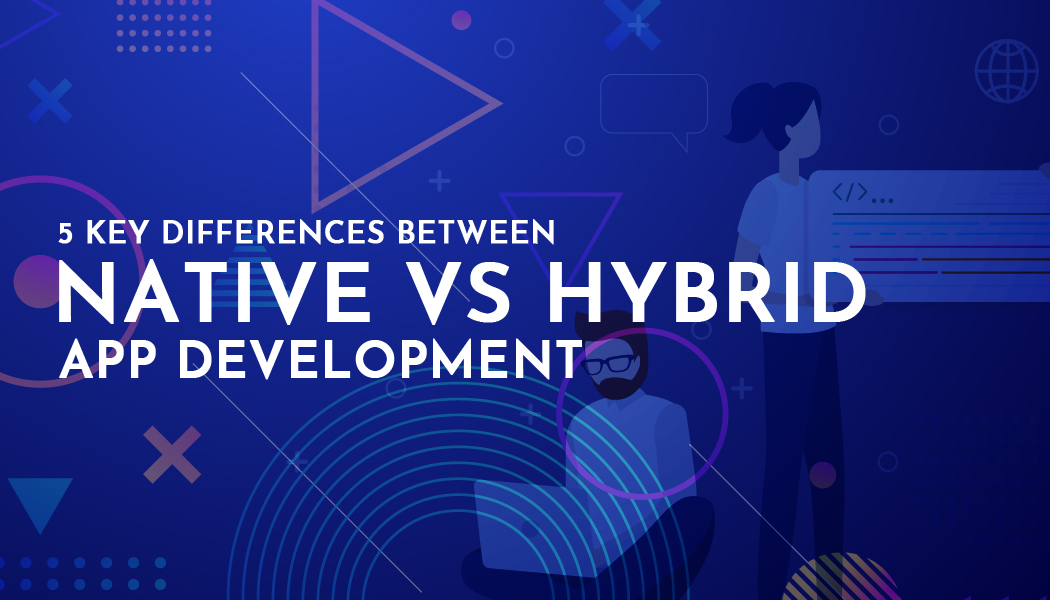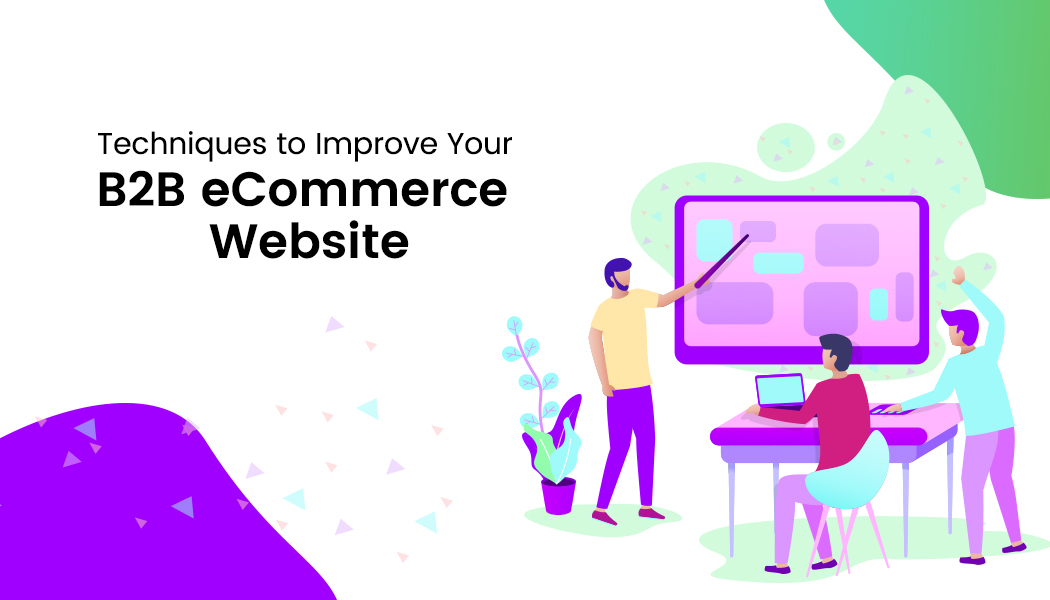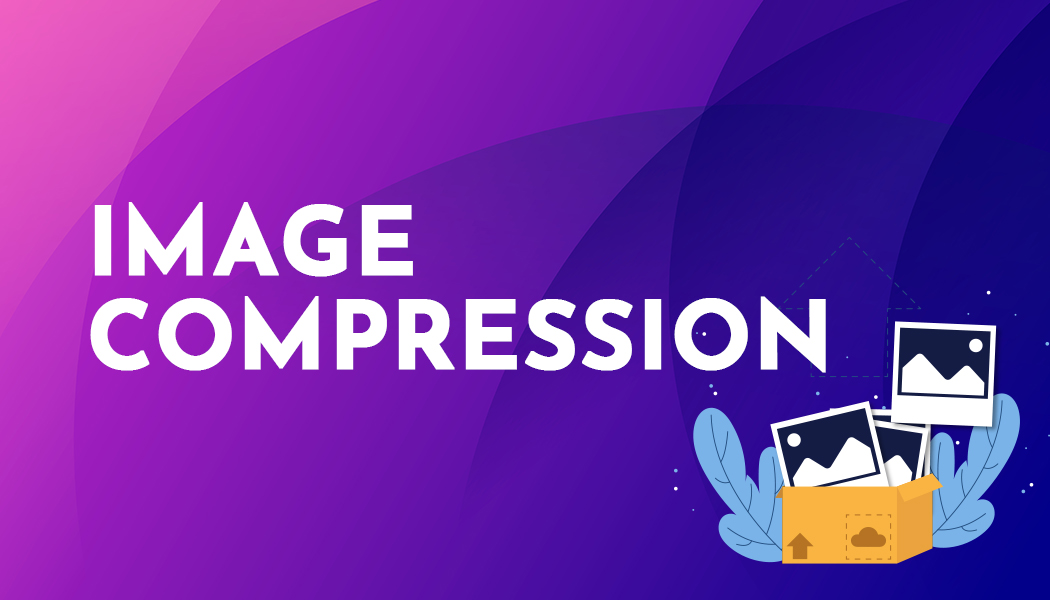5 Key Differences Between Native Vs Hybrid App Development
For the past decade, mobile applications have become bigwig in the digital world. In this growing digital market, app developers are facing new challenges and adopting unique ways to compete with the latest market trends. Before going for application development, you need to find out the requirements for your app and need to consider the following parameters such as the objective, budget, features, etc. before developing an application software development trends.
Take a look at these 5 key differences between Native Vs Hybrid app development. So, you can choose the best approach for you.
Native And Hybrid App- In A Nutshell
Native apps are developed for a specific operating system. For instance, iOS applications are written in Objective-C and Android applications are written mainly in Java. Native apps have access to various built-in functions of mobile such as a microphone, camera, GPS, Motion sensor, fingerprint sensor, gallery, etc. It requires a higher investment of resources and talent and available on app stores.
Hybrid apps is a combination of both native and web development. A hybrid app is written in Javascript, HTML, and CSS. A single code base works on any platform and can use cross-compatible technologies means you need to write once and run anywhere. Hybrid apps are ideal for media and content delivery platform and it reaches a wider audience. Apps like Instagram are the best example of Hybrid apps.
Actual Time Require To Build An Application
Due to a single code base, app developers prefer a hybrid app to a native app. It requires a nearly equal period of time for a developer to develop a hybrid app that runs on both Android and iOS as compared to develop a native app that runs on a single OS.
Hybrid is less time consuming as the developer doesn't have to write code for each OS making the building and testing process easier and less time-consuming. The development time plays a vital role in the final product cost. The native app requires long development time and it is quite expensive.
User Friendly Interface For Better User Experience
To get the best result, the app either native or hybrid, either on android or iOS must be user-friendly. The native app provides the best user experience as they are designed for a single platform only. Hardware capabilities such as screen size and display ratio is taken care of and it isn’t the strong side of a hybrid app.
The interface of both android and iOS should be able to meet in between and it is quite difficult to provide a balance between the two. If you focus too heavily on android app development, the user will get a bad experience on iOS and Visa-Versa. In user experience, Hybrid apps lag behind Native.
Suitable For Frequent Updates And Easy Debugging

Hybrid and native apps differ in the update and finding bugs. Hybrid has an upper hand when it comes to creating a bug-free update. A developer doesn't have to work on different codes for both android and iOS as hybrid uses single codebase so it is enough to change the code once and applied to all the OS over a hybrid app. Native applications are more complicated and expensive to maintain.
Complexity Depends Upon Your Functionalities
It can be distinguished into two categories such as
Case 1: Online food delivery app
In a food delivery app, you don't need any complex features and functionalities and you want to keep it simple and need a single code that will run all over the platform. In such a case, where no complexities are involved, you can opt a Hybrid model.
Case2: Online game app
Gaming requires lots of complex functionalities and expected to grow more with user feedback. Native development is the best approach when there are lots of complex features are involved.

Smooth Performance For Best Experience
The performance is the very first criteria for determining an app. The application that is developed and optimized for a particular operating system will definitely have a high level of performance. Native apps are the most reliable when it comes to performance.
Conclusion
Using Native or Hybrid apps have their own merits and demerits. After going through your needs and requirements a proficient app developer can turn your vision into reality. After reading this complete post, you get a clear idea of what kind of app is the most suitable for you.




